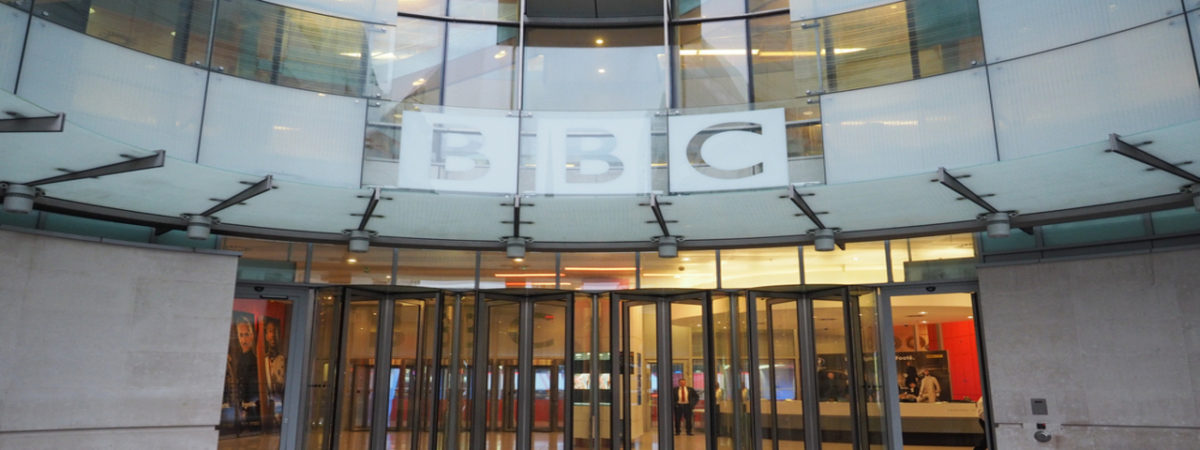Heavy handed regulation of ticket resales would be of scant benefit
SUGGESTED

IEA reacts to call for mandatory health warnings on alcohol

IEA reacts to PwC's review of pay at the BBC

IEA publishes report on the secondary ticket market
A new paper from the Institute of Economic Affairs charts how new technology has given rise to a number of new players in the reselling market, but finds that dysfunction within the market as a whole is largely a result of artificial scarcity created by primary sellers. Secondary markets are important in correcting the flaws in the initial primary market.
Many seem to feel there is something morally objectionable about buying a ticket at one price and selling it on at a higher price to a third party. But there is no reason to treat tickets differently from other goods. If it is wrong to charge a premium for resold concert tickets to an Adele concert, why is it all right for the cost of a hotel room close to the venue to rise for that night? When demand is high, prices rise – for example, peak train tickets are more costly than off peak.
Banning resale and having a ballot or lottery strikes some as fairer, but it’s not clear why. The advantage here goes to those who are lucky rather than those who have more resources or are prepared to give up more of other things to get the ticket.
The facts:
- The secondary ticket market itself is still small compared to the general market for tickets. The vast majority of events do not sell out and have limited or non-existent secondary markets.
- The appearance of online ticket resale companies is one example of a much wider phenomenon of the sharing economy. Moreover, secondary markets happen in many areas other than the selling of tickets to events – usually without attracting the same level of controversy.
- The supply of tickets is often significantly restricted by the original issuers themselves. By allocating tickets to privileged clients or supporters before the general offer to the public, they create artificial scarcity.
- Some original issuers either knowingly or unwittingly set a price for the tickets which is well below what many potential purchasers are prepared to pay, naturally leading to shortages and the price being bid up.
- There will always be a minority of events where there is a massive excess demand over supply.
- The entire secondary market exists because of a large pool of willing purchasers of second-hand tickets. It is an entirely voluntary market. Without a price mechanism, tickets would be allocated by a combination of rationing and luck.
Commenting on the report, Jamie Whyte, Director of Research at the Institute of Economic Affairs, said:
“The reselling of tickets is not a new phenomenon, and those who buy secondary tickets are doing so entirely voluntarily. The primary market – dominated by a small number of players – is dysfunctional. The secondary market is correcting its defects, so that tickets get into the hands of those who value them the most. It is quicker and more responsive, more transparent and more efficient. Where problems exist, they are best solved by the enforcement of existing laws, not by kneejerk price caps and regulations.”
Notes to editors:
For media enquiries please contact Stephanie Lis, Director of Communications: slis@iea.org.uk or 0207 799 8909 or 07766 221 268
To download a copy of ‘Digital Resellers – The Case for Secondary Ticket Markets’ please click here.
The mission of the Institute of Economic Affairs is to improve understanding of the fundamental institutions of a free society by analysing and expounding the role of markets in solving economic and social problems and seeks to provide analysis in order to improve the public understanding of economics.
The IEA is a registered educational charity and independent of all political parties.



